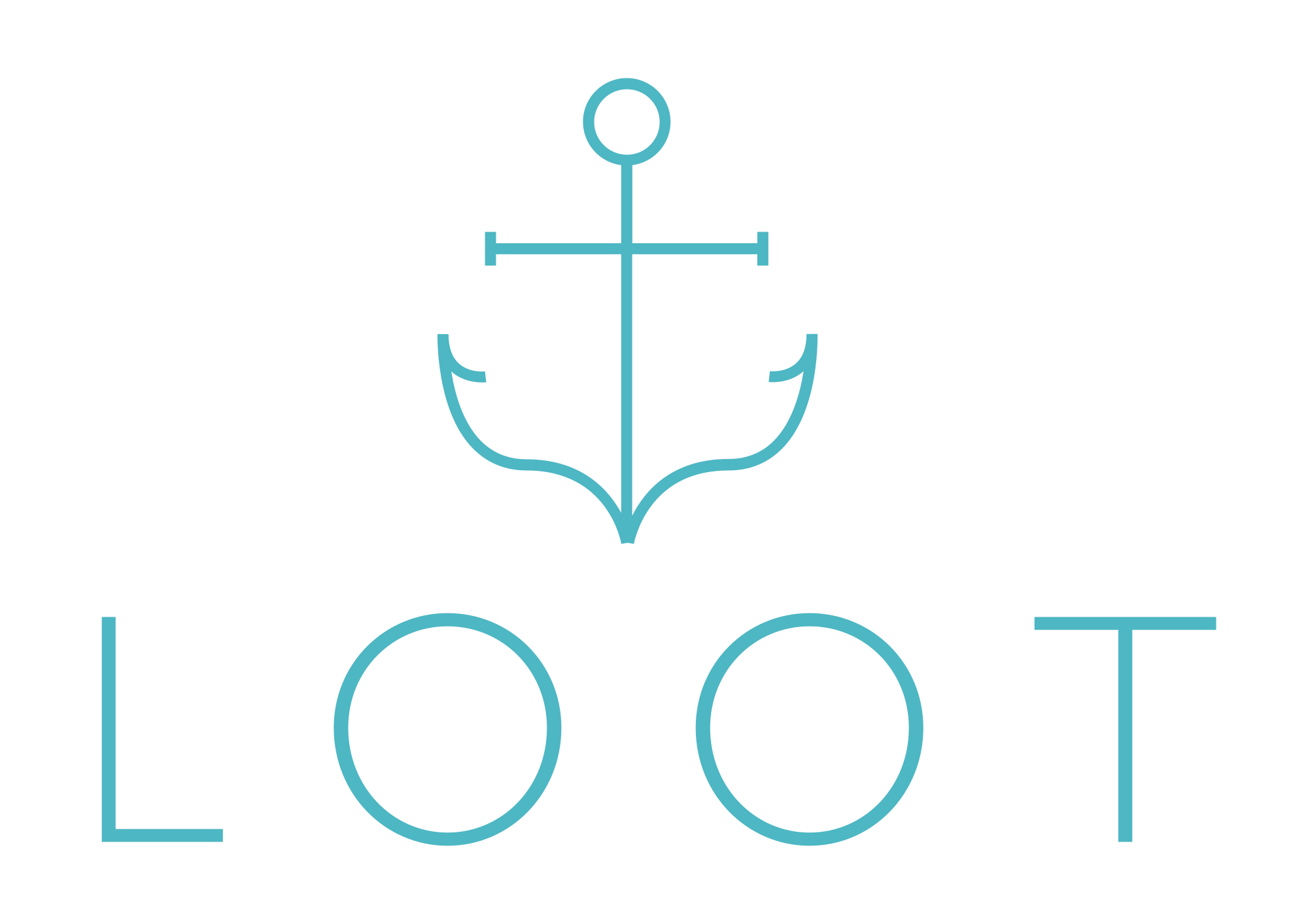Digital banking app Loot goes bust after it fails to secure financial backing from RBS
22nd May 2019 16:17
by Edmund Greaves from interactive investor

Banking app Loot has entered administration after allegedly running out of cash.
Loot has gone into administration after it failed to secure more financial backing from RBS.
The firm has attempted a round of crowdfunding but the link on the website to Seedrs (the crowdfunding host) now appears broken.
RBS invested £2 million in the firm earlier this year, despite developing its own fintech brand Bó.
Loot is a digital banking app set up by founder Ollie Purdue in 2014 with a view to helping students and young people to better manage their money using budgeting tools and no fees for card transactions abroad.
According to Techcrunch the firm has around 250,000 registered accounts.
The company recently received a £5 million investment from RBS in exchange for a 25% stake in the firm.
RBS made a bid to buy the firm but after performing due diligence chose not to proceed with the offer.
Moneywise has approached RBS but the bank declined to comment further. Loot could not be reached for comment.
At the time of writing there was no clear statement on the Loot website as to the current situation either.
However, it has emerged that the 3rd party holder of Loot accounts' cash, Wirecard, is busy helping customers in relation to their money. Customers have received the following email (with thanks to a Loot customer):

Moneywise has spoken to Wirecard and is awaiting confirmation of the phone number customers can call to receive help. Please check back soon.
Moneywise has also contacted the firm appointed to administrate Loot, Smith and Williamson.
Henry Shinners, joint administrator, comments: “While the Loot offering is one that has attracted a lot of interest and praise, the business wasn’t yet generating sufficient revenues to meet its ongoing costs and unfortunately the board could not secure the additional funding needed.
"We are in advanced talks with other providers operating in this space to take over the services provided by Loot with a view to securing continuing, uninterrupted service to its customers. In the meantime, we want to reassure all customers that their deposits are safe and that they can continue to access the service.”
What does this mean for customers
Loot is not protected under the Financial Services Compensation Scheme (FSCS) as it does not operate with a UK banking licence.
Instead it operates under an ‘e-money’ licence, the implications of which are different for customers of the failed firm.
On its website Loot says in the event it goes bust its customers' money will be protected. An FAQ page on FSCS protection on the Loot website states:
"Loot is different. We're not a bank. We are not allowed to invest or lend the money on your Loot card. This is a good thing as we, and our partners, are required by law to hold 100% of your cash till you want it.We don't lend it out. This means your cash on the Loot card is what's called "safeguarded". We have to make sure it's actually there, in a separate bank account we use. This also means the FSCS is actually not needed for Loot. It also means we're able to focus on making the product better and don't get distracted by all the lending and investment stuff.
"So, if we go bust (which we hope never happens) all of our customer cash is held safely."
E-money is regulated by the city watchdog, the Financial Conduct Authority (FCA), and protects customer deposits in one of two ways:
The first option is to put deposits in a third-party bank that does have FSCS protection, so the banking app provides the technology but does not actually hold your money.
Should the underlying bank fail, customer deposits would be protected by the FSCS. However, if the banking app fails, deposits may not be.
The second option is these providers can take an insurance policy or guarantee on the clients’ money, so if they were to fail as a business, the money would be protected.
Moneywise has approached the FCA for comment on the situation but it has declined to provide one.
This article was originally published in our sister magazine Moneywise, which ceased publication in August 2020.
These articles are provided for information purposes only. Occasionally, an opinion about whether to buy or sell a specific investment may be provided by third parties. The content is not intended to be a personal recommendation to buy or sell any financial instrument or product, or to adopt any investment strategy as it is not provided based on an assessment of your investing knowledge and experience, your financial situation or your investment objectives. The value of your investments, and the income derived from them, may go down as well as up. You may not get back all the money that you invest. The investments referred to in this article may not be suitable for all investors, and if in doubt, an investor should seek advice from a qualified investment adviser.
Full performance can be found on the company or index summary page on the interactive investor website. Simply click on the company's or index name highlighted in the article.